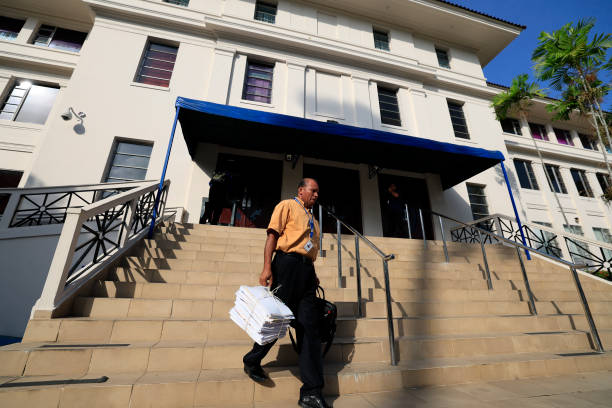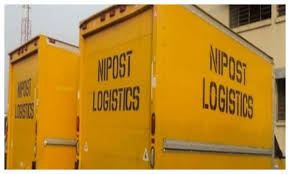At the grand global stage of the 2025 United Nations High-Level Political Forum in New York, Nigeria proudly took the mic to present its third progress report on the Sustainable Development Goals (SDGs). And let’s just say, it wasn’t all fanfare — it was a moment of pride, pause, and promises.
Leading the charge was Princess Adejoke Orelope-Adefulire, the Senior Special Assistant to the President on SDGs, who spoke with the poise of royalty and the urgency of a nation determined to meet its 2030 commitments.
“Nigeria remains resolute in achieving the SDGs through a whole-of-government and whole-of-society approach,” she declared. “We are committed to inclusive, accountable and data-driven implementation, even as we navigate economic and environmental challenges.”
Now, let’s be honest — when Nigerians hear “data-driven implementation,” some might roll their eyes, especially those stuck in traffic in Lagos or chasing power supply in Jos. But there’s something refreshing about the honesty in this year’s review.
This was Nigeria’s third Voluntary National Review since 2017, and it didn’t shy away from the truth. Of the 52 performance indicators Nigeria is tracking, about 35% have shown improvement. Another 30% are holding steady. The remaining 35%? Well, let’s just say they’re doing backflips in the wrong direction.
The report focused on five SDGs that hit close to home for many Nigerians:
-
SDG 3: Good Health and Well-being
-
SDG 5: Gender Equality
-
SDG 8: Decent Work and Economic Growth
-
SDG 14: Life Below Water
-
SDG 17: Partnerships for the Goals
And no, “Life Below Water” is not about managing Lagos floods — though it wouldn’t hurt to add that. The goal is about preserving marine ecosystems, and Nigeria is trying, even if fishermen in the Niger Delta may disagree.
Meanwhile, the country has made visible progress in weaving the SDGs into national statistics and policy documents. There’s even a solid Inclusive Data Charter Action Plan in motion — because you can’t solve a problem you can’t see, and Nigeria is finally getting better at seeing clearly.
One new star on the horizon is the Integrated National Financing Framework (INFF), a fancy name for a system that helps countries plan and finance development goals more smartly. Nigeria is also upgrading its data collection tools and making room for young people, women, and persons with disabilities in development conversations. As one Abuja-based policy analyst joked, “At least now we are not using vibes and Excel sheets alone.”
Still, the journey has not been easy. The report cited money wahala — fiscal constraints — as a big challenge. In 2023, government revenue was just 9.6% of GDP. For context, that’s like planning a wedding with only five guests but expecting to feed the whole village.
Throw in the COVID-19 aftershocks, rising insecurity, climate change, and ongoing global conflicts, and it’s clear Nigeria isn’t just battling internal challenges — it’s also dodging international curveballs.
Yet, there’s some good news. The tax-to-GDP ratio improved slightly, and diaspora remittances — our beloved dollar rain from abroad — continue to serve as a safety net for many families.
What’s next? A new Medium-Term National Development Plan (2026–2030) is in the works. Nigeria wants it to be inclusive, climate-smart, and globally in tune. More importantly, the country is prioritising better data, stronger institutions, and deeper partnerships — because no one meets the SDGs alone, especially not with oil prices playing hide-and-seek.
Princess Orelope-Adefulire ended Nigeria’s presentation with a call for more global support and innovative partnerships. It was a polite but pointed reminder that while Nigeria is committed, achieving the SDGs is a shared task — not a solo hustle.
Nigeria’s third SDG progress report is not just a document; it’s a mirror — reflecting a nation that’s trying, stumbling, learning, and rising again. There’s still a long road to 2030, and plenty of potholes ahead. But if there’s one thing Nigerians know how to do, it’s manage, adapt, and keep moving — with or without NEPA.
Let’s just hope the rest of the world joins in. After all, sustainable development isn’t just Nigeria’s concern. It’s everybody’s business.
Editor’s Note: Next time you see someone talking about “SDG 14,” tell them it’s not a new JAMB course code — it’s about the fish, my people.





